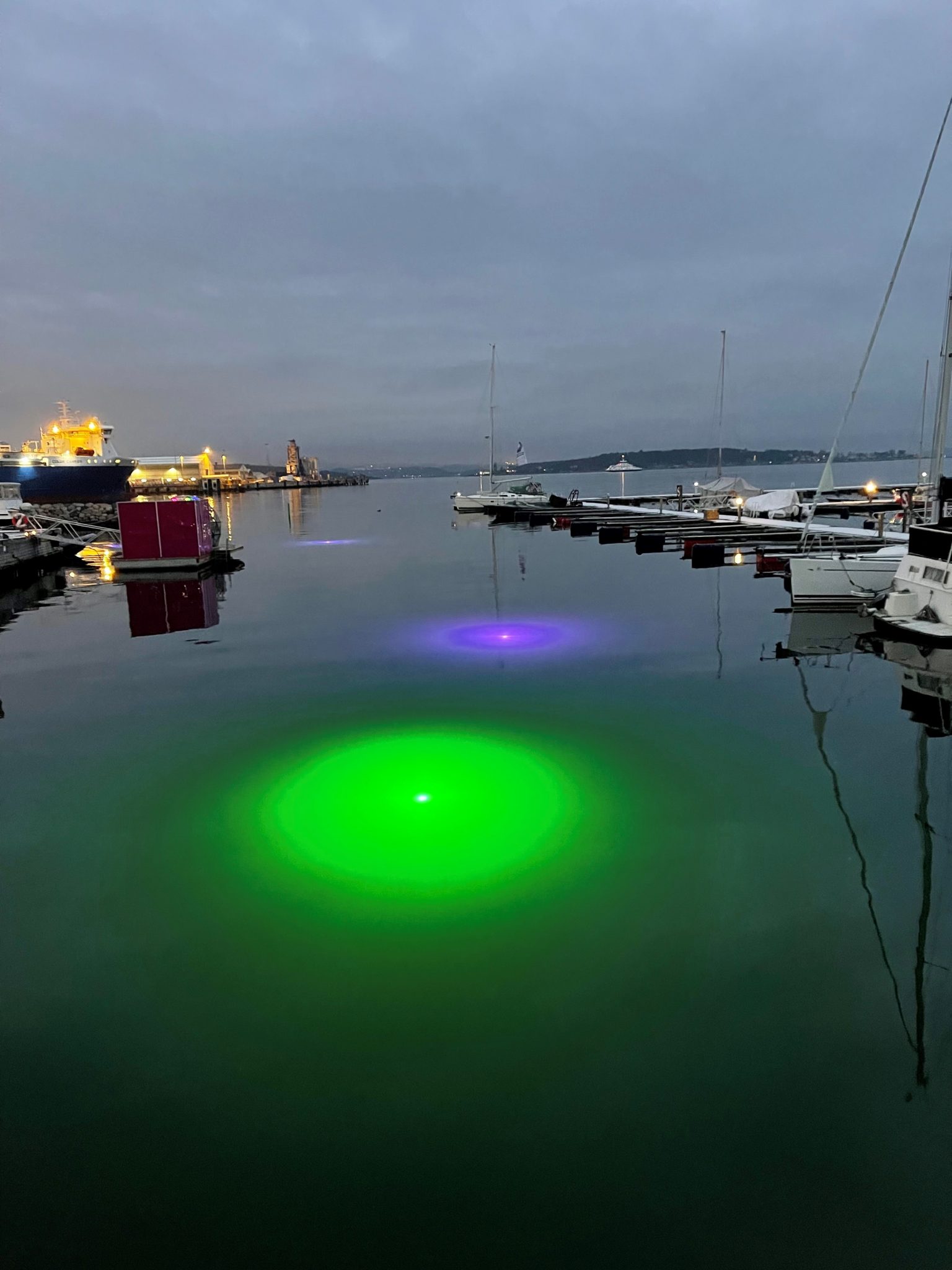This autumn, representatives from the Norwegian-Polish Chamber of Commerce participated at Poland’s Economic Forum in Karpacz (Poland’s “Davos”) and several offshore winds related conference in Norway and Poland.
Offshore wind is the next industrial chapter of Polish economy and sustainability chapter.
With as much as 33 gigawatts (GW) of potential power produced by wind farms, investments worth up to PLN 142 billion (NOK 315 billion) and liberal laws, Poland’s offshore wind industry will become one of the most important in Europe in the coming years. If the full potential of the Baltic Sea is used, offshore wind energy could meet up to 57% of the total demand for electricity in Poland.
Local content, i.e., the share of Polish companies in the supply chain, could amount to as much as 65%. This means a huge opportunity for the Polish economy and not least for its inbound investors. The implementation of the anticipated potential of offshore wind energy will allow the creation and maintenance of thousands of innovative, well-paid jobs. Investments in the Baltic Sea are estimated to generate over 100,000 jobs and PLN 178 billion (NOK 395 billion) in gross value added in the development phase. In the operational phase, wind farms could generate up to PLN 46 billion (NOK 102 billion) annually.
Large-scale investment in Poland’s wind power industry is not just an idea, but a necessity whose implementation has already begun.
Poland’s journey started recently and has taken a rapid pace. In 2021 Poland signed its first Offshore Wind Sector Deal. This Government-industry collaboration aims to establish a leading offshore wind industry in Poland. Under the Sector Deal the industry commits to the creation of up to 60,000 direct and indirect jobs in Poland’s wind industry by 2040. The Government in turn reinforces Poland’s ambitions to accelerate the energy transition with renewables by launching a new auction system and carrying out competitive auctions for offshore wind from 2025.
Offshore wind is essential for the just transition from fossil fuels to renewable energies in Poland. The Sector Deal aims to maximize domestic production, development and installation activities. It aims for a share of at least 20-30% of total value in the preparatory, installation and operation stage of offshore wind projects to be produced in Poland by 2025. This share should then increase to at least 45% by 2030 and at least 50% after 2030. For employment in Poland’s offshore wind sector this would mean a total of 30,000 direct and indirect jobs by 2030 and a total of 60,000 direct and indirect jobs by 2040 respectively.
Today Poland does not have any offshore wind parks. But the country plans to build 5.9 GW of offshore wind already by the end of 2030 and 11 GW by the end of 2040. To make this rapid expansion possible the Government pledges to launch a new auction system and to set aside PLN 106 billion (NOK 235 billion) for offshore wind development over the coming two decades. The Ministry for Climate is tasked to publish the details of the auction design and start the first auction in 2025.
Poland is upgrading its port infrastructure to make it fit for the construction and maintenance of offshore wind farms. The installation terminal in the Port of Gdynia will be operational by 2025, additional terminals will be prepared between 2026-2030. The ports of Łeba and Ustka will serve as service ports for offshore wind operations from 2026 onwards.
With regards to human resources and training, the Sector Deal pledges to ensure the training and education of 20,000 and 40,000 offshore wind workers by 2030 and 2040 respectively. A special focus lies on the reskilling and upskilling of former coal miners.
Offshore wind enjoys very high popularity in general opinion polls. Over 75% of Poles believe that offshore wind is a good or even the best way to generate electricity. Regarding social education and stakeholder engagement the Sector Deal aims to further strengthen public acceptance by developing a “Code of Best Practice for the Offshore Wind Sector”. The document will define the coexistence between offshore wind and other users of the sea space such as fisheries, the military or civil shipping. In this context the Polish Government pledges to allocate adequate sea space for offshore wind development in Poland’s Maritime Development Plans.
Several Norwegian companies already take part in the development of the offshore wind sector in Poland. Likewise, Polish companies are eager to source expertise and knowledge from Norway, who pioneered the first offshore floating wind turbine and has a strong supply chain and operator environment within offshore wind.



